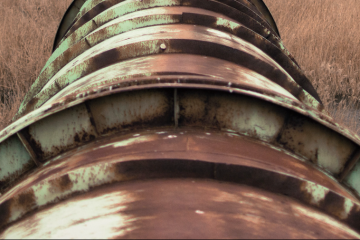
Confronting Mexico’s New Black Market in Fuel Theft and Trafficking
Inaction in politics can be comfortable. Politicians might opt for hand wringing to avoid confronting the consequences of their actions, or, in the worst-case, to hide their own complicity. Mexico´s new administration has been in the headlines recently for doing just the opposite: On December 27th of last year, president Andrés Manuel López Obrador announced that his government would confront the large-scale theft of fuel that affects Petróleos Mexicanos (PEMEX). Since then, there have been widespread news of lines and fuel shortages. The situation escalated further on January 18 with the horrific news of 73 people killed and another 76 gravely injured from the explosion of a fuel pipeline in the state of Hidalgo. Mexico´s New Black Market What the …
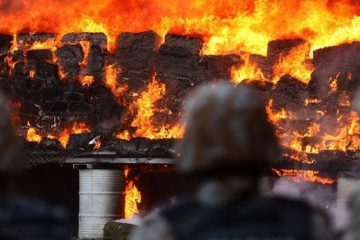
The War on Drugs’ Corroding Effect on Mexican Democracy
If it is part and parcel for democracies to (1) protect individual rights, (2) safeguard its citizenship from serious abuses of power, and (3) produce fair and reasonable laws which are impartially enforced, then we can assert that the misnamed “war on drugs” severely corrodes Mexican democracy. In general, the “war on drugs” is a punitive strategy which aims to increase drug prices and punish consumers, under the assumption that attacking supply can create a world without drugs. In Mexico, what is referred to as the “war on drugs” escalated in 2006, when then-president Felipe Calderón started “a frontal war against organized crime”, allegedly, to “keep drugs from reaching our children”. Calderón did so right after a highly competitive election …
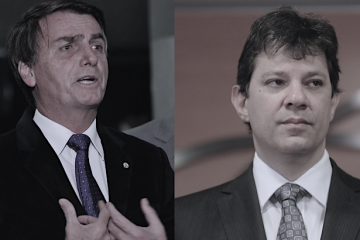
Brazilians’ other choice: the future direction of drug policy
On October 8th, Brazilians went to the polls to vote for a new President amid economic woes, an all-encompassing seeming corruption scandal, and, a deteriorating security situation. With the most popular candidate, former President Ignacio “Lula” da Silva, banned from appearing on the ballot due to a conviction earlier this year, and, incumbent President Michel Temer deeply disliked, controversial right-wing candidate Jair Bolsonaro became the odds-on favourite. Outperforming predictions, Bolsonaro received 46% of the votes. However, because he fell short of securing the outright majority of votes, he will face the runner-up, Fernando Haddad, who received 29% of the votes, in the second round of the elections on October 28th. While much has been written about Bolsonaro’s affinity to and …
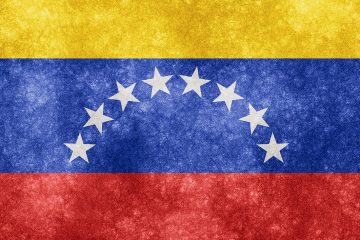
Why Venezuela is Collapsing but President Maduro Still Standing
Creating external crises to deviate from internal problems is a well-known recipe in politics. Unpopular dictators often resort to this tactic to shape the discourse and concerns of the opposition, media, and population. In Venezuela, President Nicolas Maduro has adopted this tactic since day one. The regime’s latest attempt to induce a crisis was fabricating the notion that the opposition, in collaboration with the U.S., sought to end Maduro’s life with a drone attack. Nobody has taken this story seriously. Thus, this piece will not waste time discussing the drone affair but will instead focus on five issues that really matter. Nobody Chose This When thinking about the Venezuelan crisis, one might erroneously believe that people chose this type of …
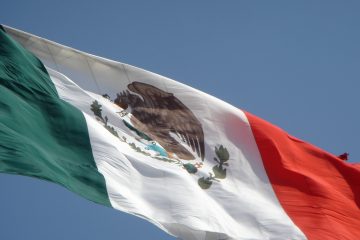
Mexico’s Election: The Good, the Bad and the Ugly
Come Sunday at 6 p.m. (GMT-5) Mexican citizens will have had elected not only a new president, but also over 3,400 new public officials. Being the largest electoral process in Mexican history, this third federal voting round in the post-transition era determines not only Mexico’s future, but —along with several other elections in the region— it also helps configure the ideological composition of Latin America. Instead of providing an overview of the contenders or discussing the trade-offs and the potential risks of the populist left, I will a) assess the campaign, b) zero in on the topics to look out for during and after election day and lastly, I will also c) identify key challenges for the future. My assumption or rather …
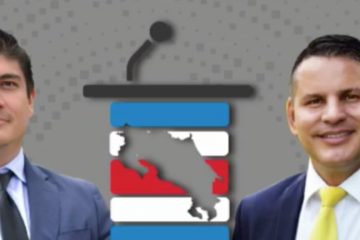
Costa Rica’s Election: How an Evangelical Singer Might Become President
On February 4th, Costa Ricans defied predictions by giving Fabricio Alvarado Muñoz from the Partido Restauración Nacional (PRN) the most votes. With 24,99%, he won ahead of Carlos Alvarado Quesada from the governing Partido Accion Ciudadana (PAC) with 21,63%. As no candidate overcame the 40% requirement to outright win on the first round, these two candidates are now facing each other in the run-off election on April 1st. This outcome represents a remarkable reversal of fortunes, as none of the two candidates surpassed 7% in the polls one month before February’s first round election. How did Alvarado Muñoz, an evangelical singer, who puts his religion front and center, come to lead in the polls going into Sunday’s run-off election? Upending …

Will Venezuela transition to democracy this year?
On May 20th, Venezuelans are supposed to vote in a presidential election to decide over the fate of their crisis and conflict ridden country. Despite being nominally given the opportunity to choose, the way the Maduro government has set up the electoral process, committed fraud, repressed the opposition and systematically undermined the process of free and fair elections over the past years, all but guarantees authoritarian durability. This article addresses why a) a highly unpopular incumbent is likely to hold onto power, b) the opposition is justified in their decision to boycott the elections and c) how Venezuela might transition to democracy. Venezuela has transitioned from a weak democracy in 1998 to a failing dictatorship in 2018. Over the past …
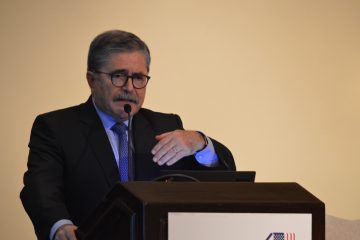
A Trump in the Tropics? Why a Demagogue became the Leading Contender in Costa Rica’s Upcoming Election
Costa Rica, the longest running democracy in Latin America, will hold its 17th consecutive election on February 4th, 2018. According to the latest opinion polls, the leading contender is the controversial populist Juan Diego Castro. There is a general lack of any candidate receiving overwhelming support, betraying a certain discontent and apathy about the candidates vying for the office of president. From the thirteen candidates in the running, even the five most popular candidates only receive between 5% and 18% of votes; thus, falling far behind the 40% required for a win in the first round. By far, the largest group are those that remain undecided: One in three voters has not made up their minds about which candidate to …









